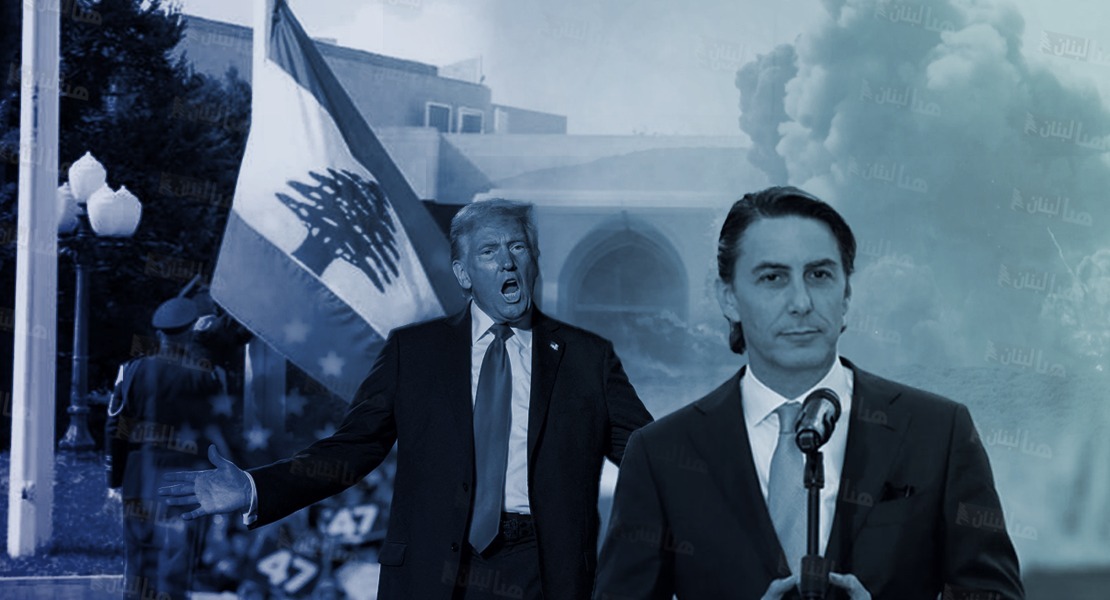A New Strategic Framework for U.S. Middle East Policy
Gregg Roman/Middle East Forum/December 02/2024
The challenges facing the Middle East require immediate and decisive action. The October 7 Hamas massacre and its regional aftermath exposed critical flaws in U.S. policy, underscoring the need for a comprehensive strategic reset. To address these pressing issues, we are releasing Reasserting American Power in the Middle East: A Blueprint for the Trump Administration, (PDF), a detailed framework designed to guide the incoming administration toward meaningful change.
The proposals focus on two key priorities: countering Iranian aggression and reshaping alliances with Saudi Arabia. Iran’s network of proxies, nuclear ambitions, and destabilizing influence represent the most persistent threat to regional stability. The plan advocates renewing the “maximum pressure” strategy with a focus on regime change, sanctions, and dismantling Iran’s proxies. The collapse of Assad’s control in Aleppo also presents an opportunity to diminish Tehran’s regional foothold and secure global shipping lanes threatened by Iranian actions.
Strengthening ties with Saudi Arabia is equally vital. The Kingdom’s interest in a modified defense agreement opens the door to a “grand bargain” linking security guarantees with domestic reforms and regional stability. Enhancing this relationship would counter Iranian aggression and stabilize key regional partnerships.
The proposals also tackle Hamas, which continues to find support through Qatar and Turkey. These backers provide resources and political legitimacy, complicating efforts to isolate the group. The United States must work with allies to disconnect Hamas from its foreign sponsors through targeted sanctions and diplomatic pressure. This strategy would weaken Hamas’s capacity for conflict and pave the way for its defeat in Gaza.
Domestically, the plan addresses threats that have reached American soil, including the rise of campus radicalism and the erosion of border security. Restoring transparency in foreign funding of universities and establishing a Commission on Islamism are essential steps to counter extremist networks. Enhanced vetting of special interest aliens and strengthened travel restrictions would further bolster national security.
The document provides a clear roadmap for the administration’s first 100 days, with actions designed to address immediate threats and build long-term stability. The stakes could not be higher. The evidence surrounds us—in Aleppo’s streets, Gaza’s destruction, American campuses, and the Red Sea’s shipping lanes. Decisive leadership is needed to secure America’s interests, protect its allies, and restore its position on the global stage.
You can access the full text of Reasserting American Power in the Middle East, 2025–2029 here.




















